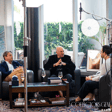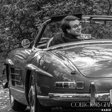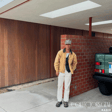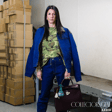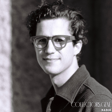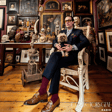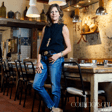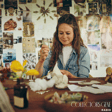
Todd Snyder - Collecting Champion With A Ralph Lauren & J.Crew Alumni
When it comes to American Menswear, a few names stick out, like Ralph Lauren & J. Crew. But those two brands can’t be mentioned without naming Todd Snyder, who is truly at the helm of American Menswear as we know it today. An Alumni of both brands previously mentioned, Todd decided to start an eponymous menswear company at the age 40 and has taken everything he has learned from his previous endeavors, and combined it with his personal taste to create a brand that everyone should be aware of today. GQ did after all once describe him as the guy who guys trust to do what they themselves can’t: make them look and feel like better versions of themselves. But Todd’s not one to shy away from letting the brands he loves do what they’re best at, and he’s found a way to do collaborations with quite a few of them, like Champion. Todd has an ongoing collaboration with them which has become some of his best sellers, but what most might not know about Todd is that his love for Champion came early on in his career. He’s got a collection of Champion that exceeds the number 2000 and is ever growing. From hunting basements in Japan to getting a separate warehouse to store them all, its safe to say he’s a collector at heart. He actually called our chat a “therapy session” so I think we hit some heartstrings. Visit one of his many stores and you’ll see he’s a collector of many things, from Champion, to furniture, watches, you name it. Until then, please enjoy, Todd Snyder, for Collectors Gene Radio.
Todd Snyder - https://www.toddsnyder.com/
Hidden Pond Main - https://www.hiddenpondmaine.com/
